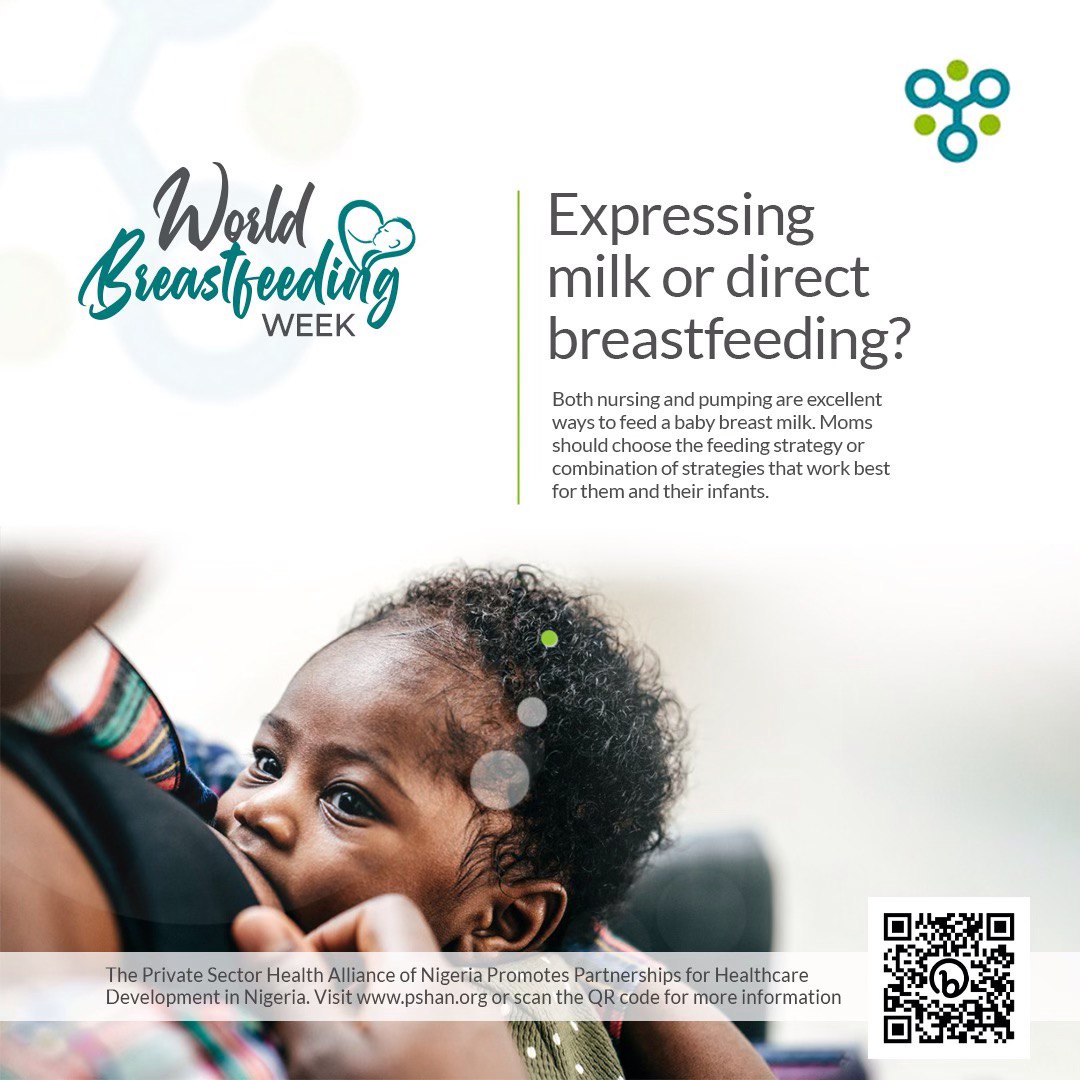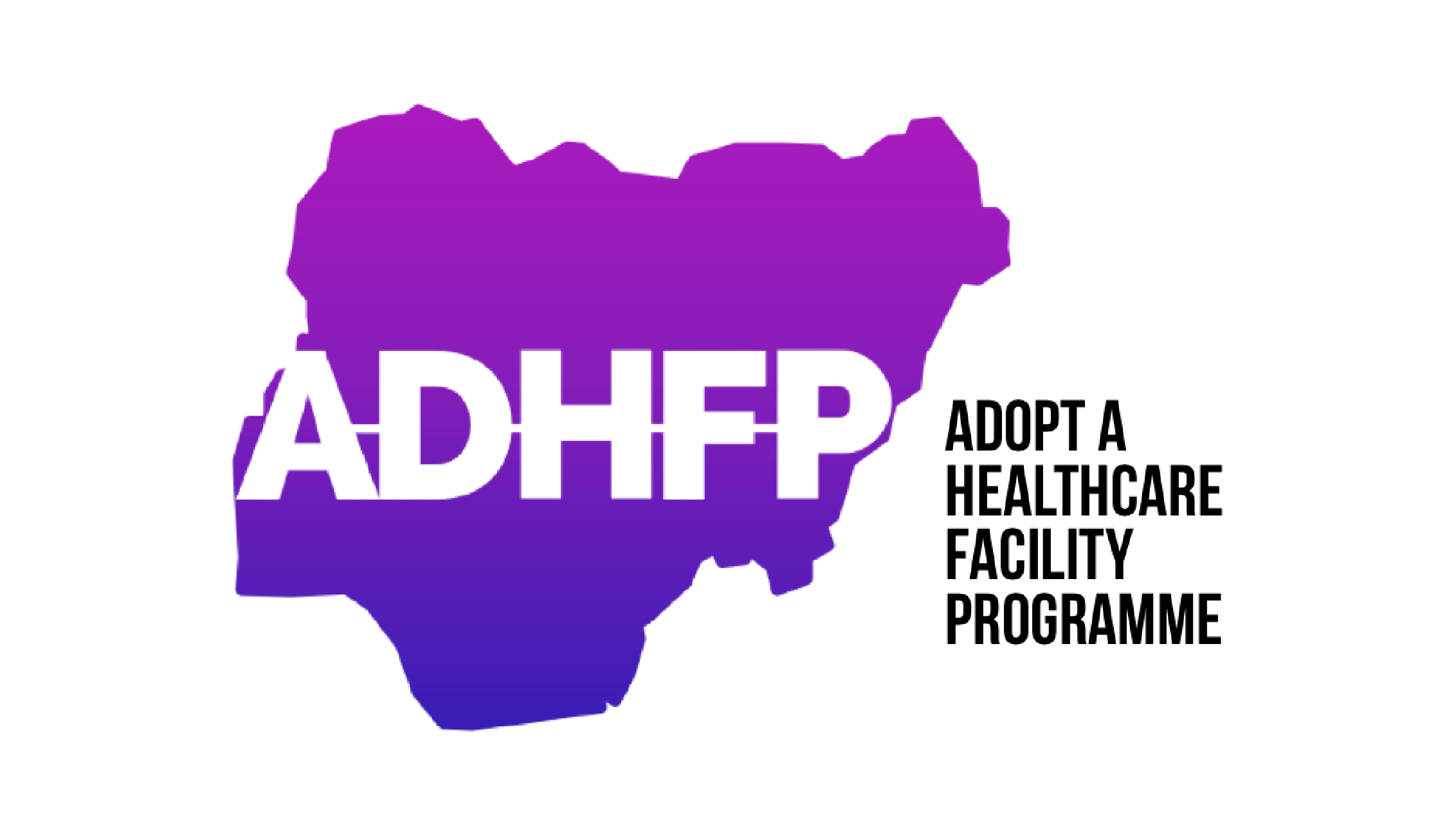
Pros and cons of direct Breastfeeding
Pros and Cons of Direct Breastfeeding
Pros:
- Breast milk is nature’s personalized nourishment tailored to meet a baby’s unique requirements, responding to cues from the baby’s body. Nursing at the breast fosters a crucial interaction where the baby’s saliva communicates with the milk. Through this interaction, valuable messages are relayed to the mother’s brain, helping her instinctively understand and provide precisely what the baby needs.
- As the baby breastfeeds more frequently, the breasts naturally respond by producing more milk. This natural feedback loop ensures that the child receives an ample supply of milk without encountering an oversupply. The body’s intuitive regulation mechanism maintains the ideal balance of milk production to meet the baby’s needs effectively.
- Breastfeeding demands minimal preparation, allowing a baby or child to be nourished anywhere without the necessity of adults packing bottles, searching for clean water, or heating formula. It’s a readily available method of feeding.
- Increased bonding time for baby and mother
- Feeding at the breast offers a chance to soothe your scared or hurt baby
Cons:
- Reduced control over timing
- Nursing mothers may experience sore, cracked, or even infected nipples.
Pros and Cons of Expressing Milk (pumping)
Pros:
- Control over timing
- It allows caregivers to have more breaks
- It makes it easier for caregivers to allow their babies to receive breast milk from donors.
Cons:
- No feedback loop between the baby and the breast milk
- It requires equipment and incurs more cost
- There are proper storage concerns
- Expressing milk with a noisy pump in public may be inconvenient
Mothers and caregivers need to make a choice. It is possible to use a combination of both methods to give your nursing child the best experience.
#breastfeedingweek #breastmilk #pitchinwithpshan #qualityhealthcare
